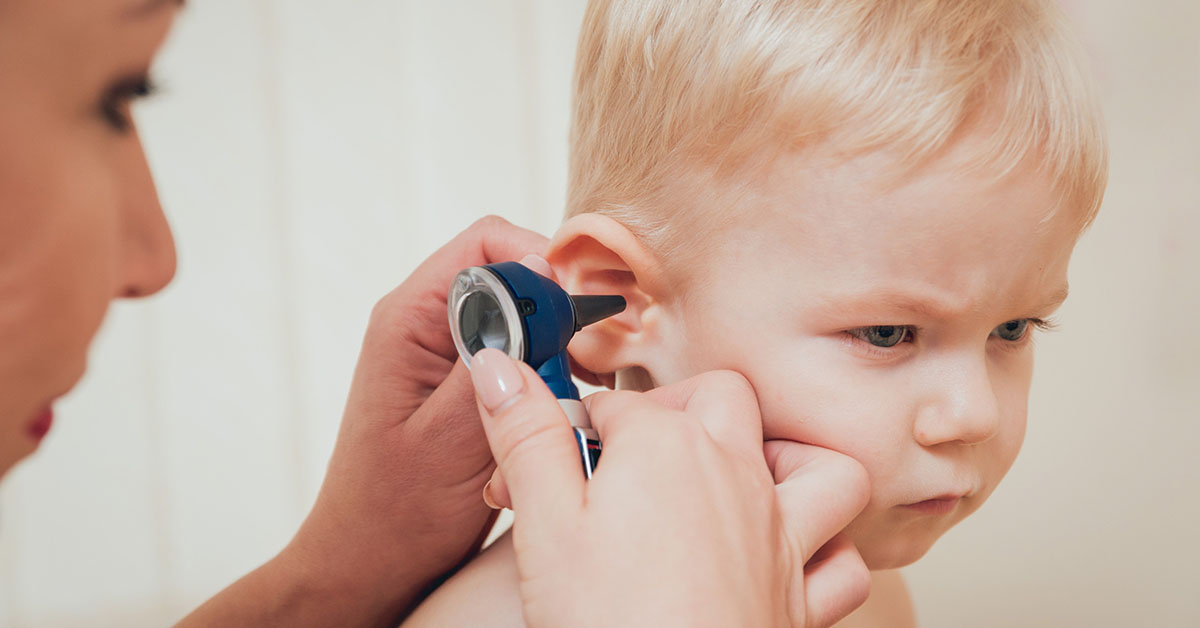
What is an Earache?
While earaches typically affect children, they can affect adults as well. The pain from an earache may vary from mild to severe and potentially cause a burning sensation. If a severe ear infection accompanies your earache, you may also experience fever or temporary hearing loss.
Causes of Earaches
The most common causes of earaches include infection, injury/impact, or irritation of part of the ear. Ear infections that cause earaches can affect the inner, middle, or outer ear. Causes of ear infections can include:
- Swimmer's ear.
- Damaged ear canal skin.
- Improper cleaning of the ear from things like cotton swabs.
- Irritated skin in the ear that gets infected.
- Respiratory tract infection.
- Issues with the buildup of fluid in the ear canals.
- Excessive earwax accumulation.
- Strep throat.
- Sinus infection.
- Infected tooth.
- Substantial changes in air pressure such as those experienced when flying.
Symptoms and Diagnosis of Earaches
Symptoms of earaches are similar to symptoms of other ear disorders. It's a good idea to visit your ENT specialist for proper diagnosis. Earaches in children and adults typically carry these symptoms:
- Pain in or around the ear.
- Temporary diminished hearing.
- A feeling of pressure of fullness in the ear.
- Headache or fever.
- Dizziness or loss of balance.
These symptoms will often cause children to be irritable, cry more often, scratch or pull at their affected ear, and have difficulty sleeping.
Treatments for Earaches
If the symptoms of your earache persist, visit your ENT specialist to confirm the correct diagnosis and receive proper treatment. If the symptoms are mild, however, several home remedies may help to reduce or cure your earache, including the following:
- Over-the-counter ear drops.
- Over-the-counter pain relievers.
- Gently applying a cold washcloth to the affected ear.
- Avoiding getting water in the ear canal.
- Sitting upright and chew gum to help equalize pressure in the ears.
If these home remedies do not address the symptoms of your earache, your ENT specialist may prescribe medical treatment or other procedures to address your earache. Medical treatment for earaches typically include prescribed antibiotics and/or eardrops.
You should always complete the entire amount of medication in the prescription. Do not cease the medication once the symptoms improve, as the infection may return. If an excessive accumulation of ear wax or a foreign object is contributing to the earache, your ENT specialist will work to remove the obstructions.



